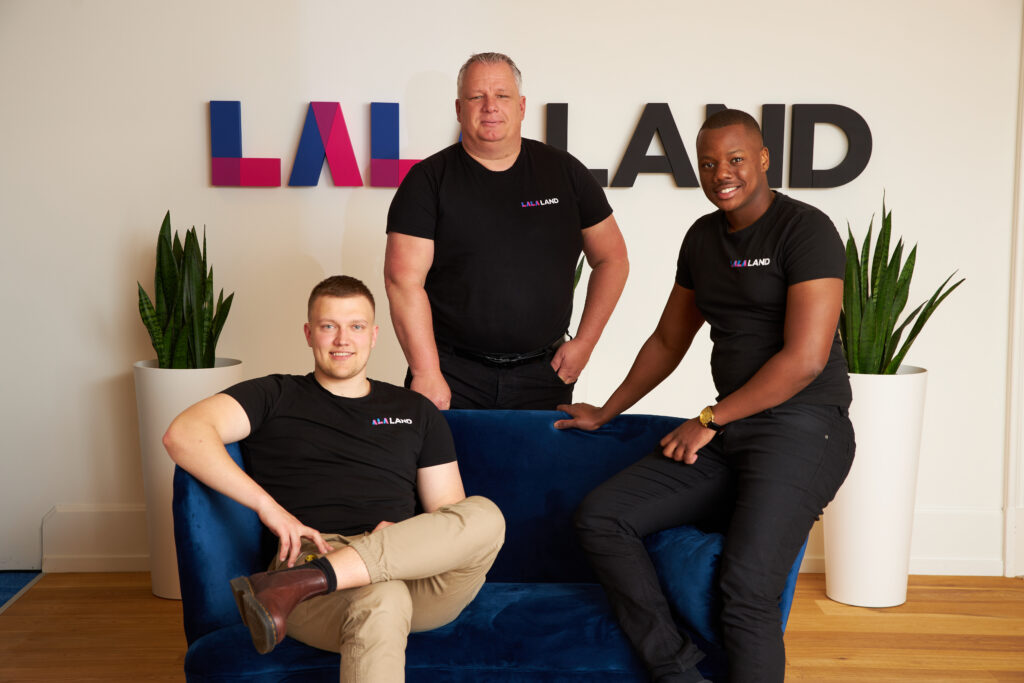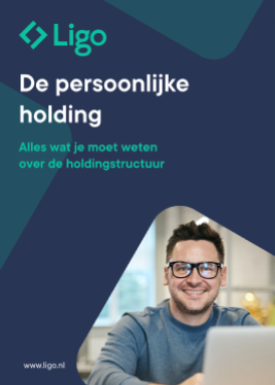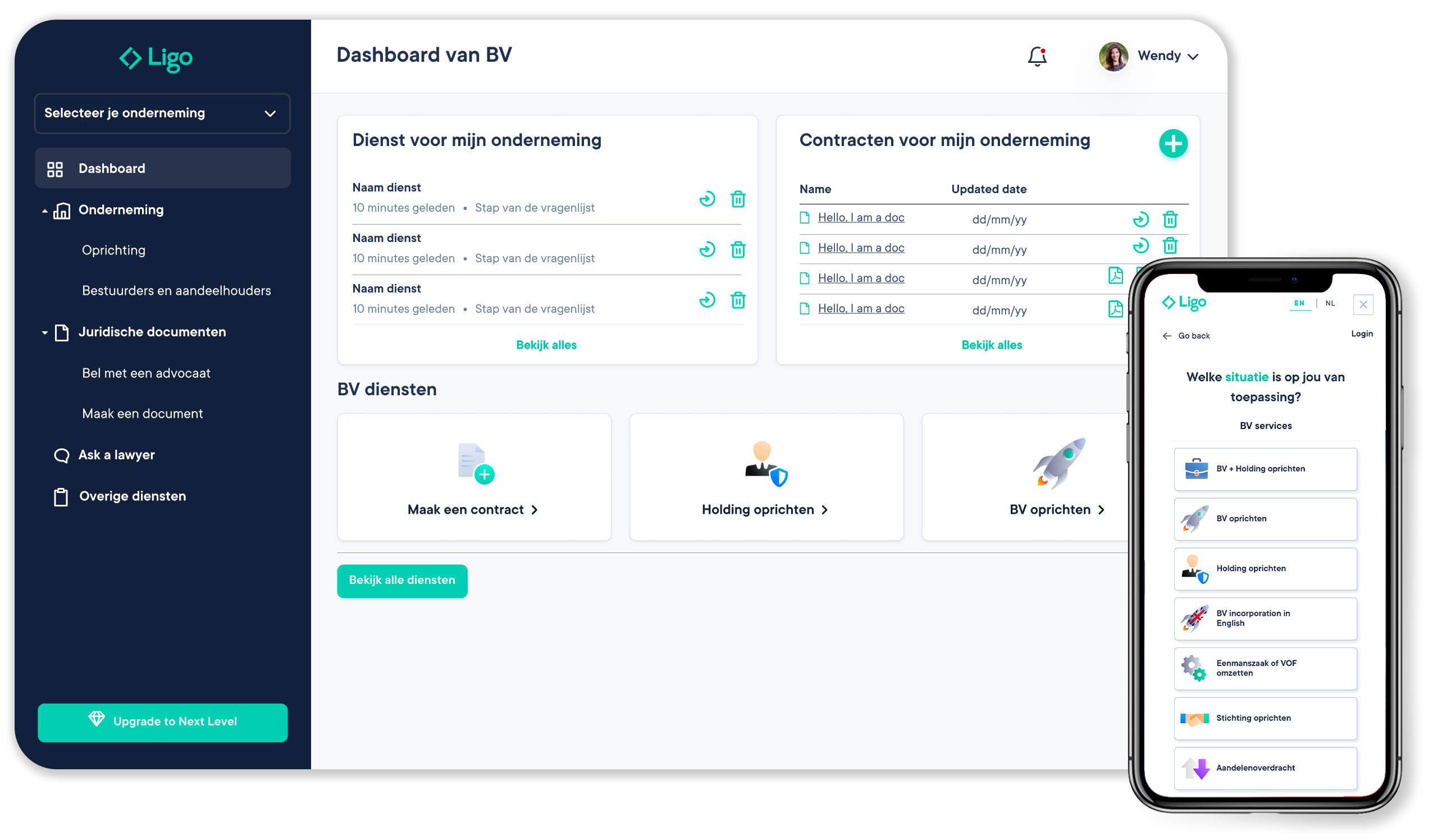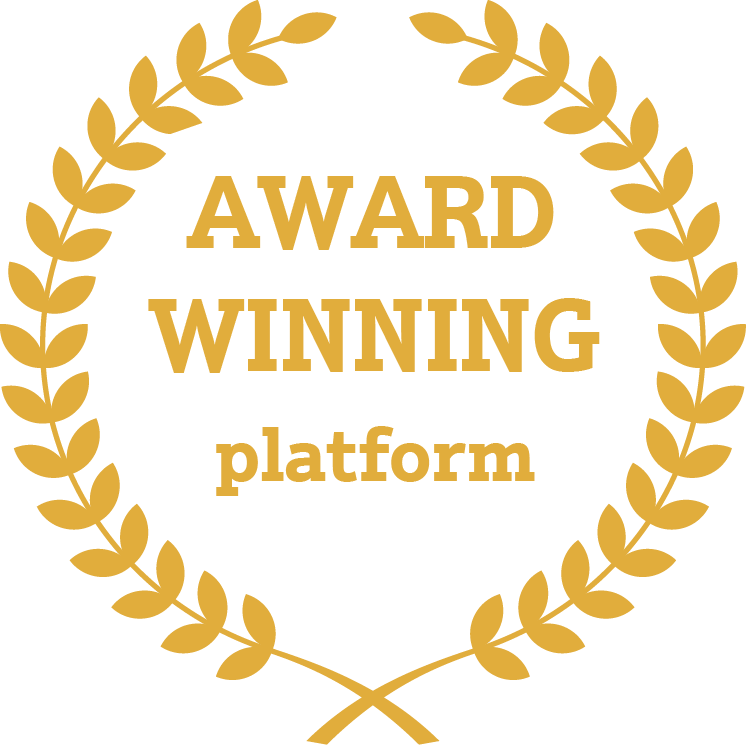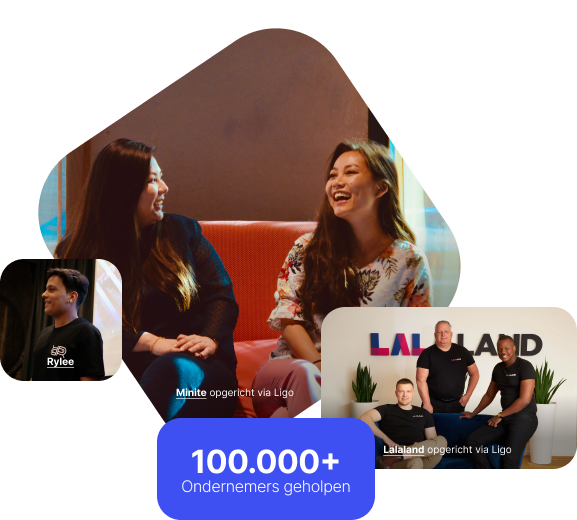Laatst geüpdated op april 12, 2023 door Wendy Bogers
Lalaland offers the possibility to shop clothes that are showcased on a model that looks like you and thereby reduces waste brought about by returning your most recent bad buy. We spoke with the CEO and founder of Lalaland Michael Musandu to hear all about the company and how he founded Lalaland at Ligo.
Could you briefly describe what Lalaland does?
“In one sentence: Lalaland uses AI to create synthetic humans for fashion e-commerce brands. We empower brands to showcase their collections using models that look like their customers. This is used to amplify sales and reduce return rates for the brand.
If I would put it in categories, two pillars: social empowerment and sustainable impact. From an empowerment point of view, we have changed the beauty standard by promoting diversity. By lowering return rates, we actually help fight landfill waste. That is us in a nutshell.”
How did you get to this idea? Did you get the idea by online shopping yourself?
“No, I wish I had a great story like this. We started with the solution, 2/3 of the founders are technical so it came from academia and research. I did an undergrad in computer science and a post-grad in AI.
We used a research component to create synthetic media by using neural networks. However, we noticed that there was never a commercial aspect attached to it.

We received help from incubators. Incubators look for a problem that you are solving and put you in front of customers. We have looked at different cases but we wanted to build tech that has an impact. This gives meaning to what we do day today. We wanted something that is easy to relate to because the founders are from different backgrounds as well.”
You said you had the ACE incubator project, is this how you prepared for being an entrepreneur, or did you do other things as well?
“It is hard to bring it down to one thing. It is a collection of things that you keep putting into your arsenal which you then apply. We are constantly learning and reiterating things. These things might only become useful at a later stage. We discovered Ligo through your partnership with ACE Incubators.
Ligo is a cost-effective way to build a company and was the answer from contracts and templates to generic things that really help start-ups. We had no idea of most of these things so that was very useful.”
Well, that is great, I was going to ask what your experience was with us.
“I am a very big fan of your services. Ligo was also kind of a start-up and it is super useful. Only recently we started customizing some contracts. In the first years, it is the cost-effective solution for a start-up to really get off the ground and have some structure that is compliant with Dutch Law.”
Why did you choose a Dutch BV?
“This is pretty straightforward. It actually started as a sole proprietorship but as soon as you start adding other shareholders or management you need a different legal entity. It was the first legal entity so naturally, it became a BV. Later, we investigated doing holdings, etc. to spread the business.”
“It’s time for brands to stop selling a dream and to start selling reality”
Did you invest your own money when you started?
“It first starts with bootstraps, using all the resources that you can (as they call it in the ecosystem). Personal savings as well as friends, family, and fools, as they call it. The persons that are willing to back up your ideas. This is how we started initially. When it came to really have a customer basis, we then sought some growth capital to keep the team growing and to build something on a forward-looking basis. We took our first investment, well time flies, around a year and a half ago from ASIF Ventures. Then immediately after, after 6 months, we took another investment from a fund plus from some private angels and raised about €600.000. In between, we won the Philips Innovation Award which gave us some exposure.”
Do you have any pitfalls or mistakes that other entrepreneurs can learn from?
“Running a start-up is a shit show, there is no secret about that. There are tons of mistakes and challenges that you need to learn from. I would say from a founder’s perspective, the first thing I would say is to bootstrap as much as you can. Use your own resources and get your customers to pay for your product. It is easier to sell the product than it is to sell the company. Don’t just look for capital initially but build from the ground and get that validation.”
“Find the product market, either people love your solution, or they don’t love your solution, and this can only be done by exchanging value for value. They give you money and you are giving them a service. You can tell the investors all the plans you have but you have to love what you are doing and that can be shown through this exchange. This is the advice I can give from a founder’s perspective.”
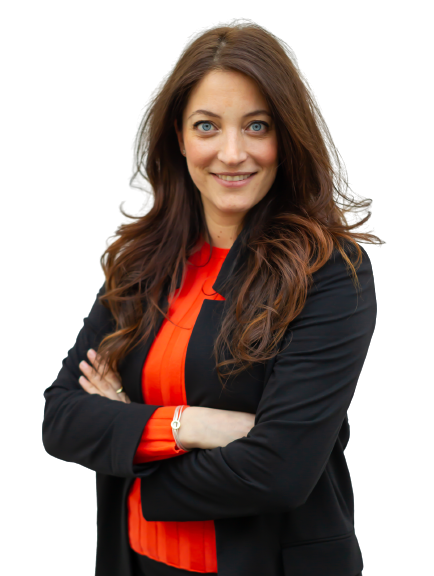
Telefonisch overleggen over jouw situatie?
How does Lalaland distinguish itself from competitors?
“If you don’t have competitors, you are in the wrong market and you are doing something wrong. I’d really question myself because it is validation, people trying to do what you are doing. There is a big need for what you are solving. The Big elephant in the room is traditional photography, as we know in fashion. In a way, we are automating the process of traditional photography as we know it in fashion. So, all the fashion e-commerce photoshoots of hiring models, paying photographers, makeup artists. This happens once or twice every collection, it’s becoming obsolete. It is a standard that we are always working backward from because we are always compared to traditional photography.
The second one is that many companies now delve into digital fashion to virtualize what the models look like. We really care about diversity. We are not generating things; we take all the characteristics into account of the different cultures and body types. There is no spectrum from black to white. We generate all the characteristics. We are taking a step further with model recommendation systems. Recommending people different models, they express their preferences on what they and based on what they would like to see. This is pretty interesting.”
What was it like in the Philips Innovation Awards?
“The competition itself was a bit surreal. It was my first time on a big stage. The competition was very valuable; it was not only about winning the award. In the lead-up to this, they offer a lot of workshops and training on different types of topics. So, you look at your business model, canvas, and things like this. Really stimulating and helping the start-ups. This was the biggest value that we got from the award.”
“Participating in it was surreal because we had no goal of winning, it was a surprise like oh they selected a top 50, oh great this is cool. Going from stage to stage you see impressive start-ups run by students. For me, this was very inspiring what they are doing. It is a strong ecosystem that should not be underestimated. And winning it was mind-blowing, we didn’t expect this at all. It was a really humbling experience and it was a great pedestal to put a spotlight on us for a bit. Many customers and brands got to know the company.”

Do you also deal with skepticism and what is your biggest challenge at the moment?
“Absolutely, when you tell somebody that something isn’t real, they are going to look for mistakes. So definitely with brands, initially, hearing something is artificial. It is mind-blowing for them to digest that it is not real, they might say that they can tell. To this day, there hasn’t been a situation where traditional photography beats us on conversion or returns. So, people can’t see that it isn’t or is generated.”
“There have even been situations where customers thought they had spotted a mistake in the generation of the AI model, but this was actually a real picture of a model. There was a psychological pariah with regards to AI models but now a lot of things are happening in the media and a lot of people are seeing a psychological shift.”
Google Black Founders Fund – how did that go?
“Lalaland was the only Dutch company to receive an investment. That was a great honor, a truly humbling experience. It has already helped us attract new talent and new customers. Importantly, it also feels as if we are now supported by Google. They believe that our success is their success. The fact that more is invested in startups with a black founder means that we are working on a better working climate for new black generations.”
Where do you see Lalaland in five years?
“We look at the roadmap and see how to stimulate the company. We would have covered all other horizontals in fashion such as men’s fashion and accessories. Once we are done empowering brands to be more diverse and inclusive, in their shopping environment, we would be in an advertising and marketing world. We will also still be in R&D to explore beyond fashion. Having what people like to see and what represents them. Our mission is to make the world a more diverse place.”
What is your golden rule for starting entrepreneurs?
“As a founder, I think that we are building profit-making organisms, which is true. But what I have recently learned is that we are actually building people, building social enterprises. You are building people and those people build the product. Investing should be done into the people that work there; they can change the world.”
Richt jouw BV op vanaf €299
Ligo is je partner in legal. Naast je BV, helpen we je met je overige juridische zaken.
Do you want to start with your own company?
Do you want free advice that helps you with incorporating your very own BV? At Ligo, we are more than happy to help you out. Call us on 020-3031043 and we will help you out. We are also available on our online chat seven days a week. This includes weekends and evenings!
- Rylee Startup Story - maart 10, 2023
- Juridische scan voor ondernemers - maart 10, 2023
- Wetswijzigingen ondernemers juli 2022: wat verandert er per 1 juli? - maart 9, 2023

